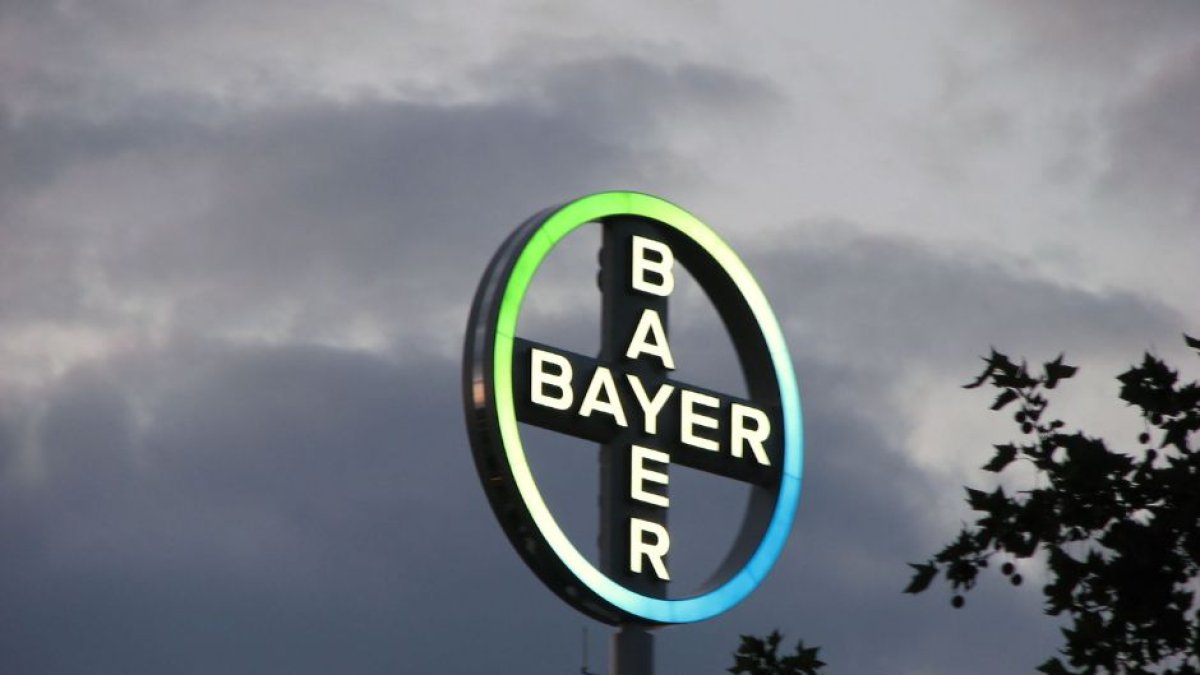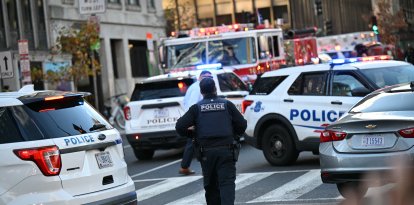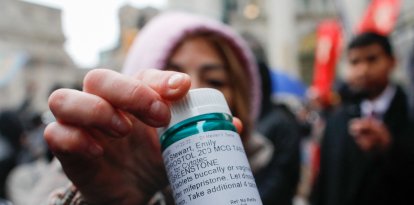Bayer, sentenced to pay the largest compensation in history: $2.25 billion
The court ruled against the pharmaceutical company following a lawsuit by a man who was diagnosed with cancer after using one of its pesticides.

Bayer (Conan / Flickr)
Justice sentenced Bayer to compensate with $2.25 billion dollars, a person who was diagnosed with cancer after using for years on his property a pesticide called Roundup made by Monsanto, a subsidiary of the pharmaceutical and biotechnology company. To date, it is the largest compensation awarded in history in this type of case.
The Court of Common Pleas of Philadelphia (Pennsylvania) ruled in favor of the affected person -John McKivison (49 years old)-, accepting the arguments presented by his lawyers. "The jury’s unanimous verdict was a condemnation of 50 years of misconduct by Monsanto and a declaration that its misconduct was in reckless disregard of human safety and a substantial cause of John McKivison’s cancer," said the defense in statements collected by CNN.
Bayer will appeal
In its verdict, the court determined that Roundup "is a defective cancer-causing product, that Monsanto was negligent, and that Monsanto failed to warn about the dangers." A sentence that Bayer will appeal, as announced in a statement:
McKivison was diagnosed with non-Hodgkin lymphoma, which, according to the American Cancer Society, "is a cancer that begins in white blood cells called lymphocytes that are part of the body's immune system." Depending on the type of non-Hodgkin lymphoma detected, the five-year relative survival rate is 65% to 90%.
























